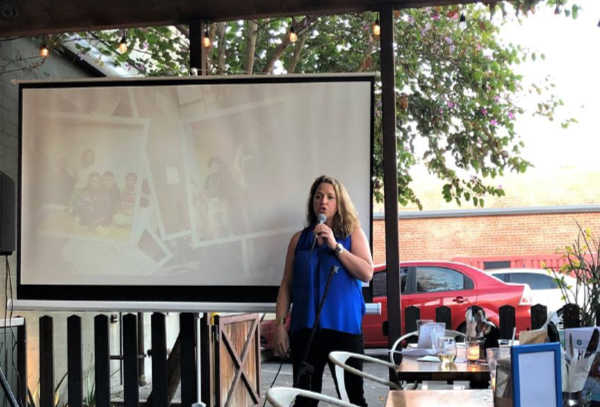
Sophie Etchart, founder of Read Better Be Better
Education is a part of every nonprofit’s mission.
But if we aren’t speaking up and taking a public stand on the social problems affecting our communities, how will anything ever change? And yet — the narrative surrounding nonprofit advocacy is one that has many of us walking on eggshells.
We exist to solve specific issues — and tiptoeing around them is no longer going to cut it.
It’s true that, as nonprofit organizations, we have only restricted capacity to lobby or influence elections. But we are allowed to educate — or in other words — advocate.
Getting Comfortable Talking About Social Problems
As Dyana P. Mason states in an article for NonProfit Quarterly, “Nonprofit organizations have been at the forefront of much of this nation’s social and political change for the last two centuries, and you are in good company when you take action.”
And part of the ‘action’ she references is getting comfortable with nonprofit advocacy. This means we must adopt a ‘say it loud, say it proud’ mentality about speaking up about social problems. (And the broken systems causing them.) Systems that, one might argue, were purposely designed to create inequality.
But that’s why we must raise our voices about these issues so we can, collectively, give a voice to the communities we serve.
After all, nonprofits are the ones with the deepest understanding of the social problems plaguing our communities. We’re the ones out in the field, doing the work, and witnessing these issues firsthand.
There’s no one better than us to fight for the communities we represent by speaking up, taking a stand, and educating the public. And if we collaborate with like-minded organizations, we will only grow louder — and stronger — together.
Advocacy at Read Better Be Better
At Read Better Be Better, my team and I understand the problems, needs, and reality of the children in our program.
This is why we share that reality with others in an effort to create widespread understanding — and change — for the childhood literacy crisis facing Arizona.
So when you see Read Better Be Better taking a stand, like advocating for a ‘no’ vote on Proposition 305, it’s because we feel we have a responsibility to educate our community on the issues that will negatively affect the children we serve.
And we will continue to make statements on the issues that are important to us through social-media posts, public-speaking engagements, blog posts, and in-person action. (Like when our team marched to the Arizona State Capitol to stand in solidarity with teachers last spring.)
At its core, nonprofit advocacy is talking about the things you know and are important to you. And organizations have to do this now more than ever — and do it responsibly.
